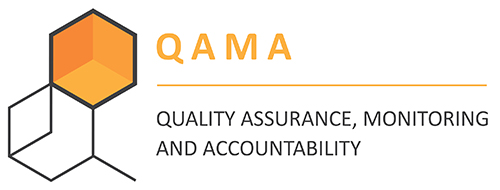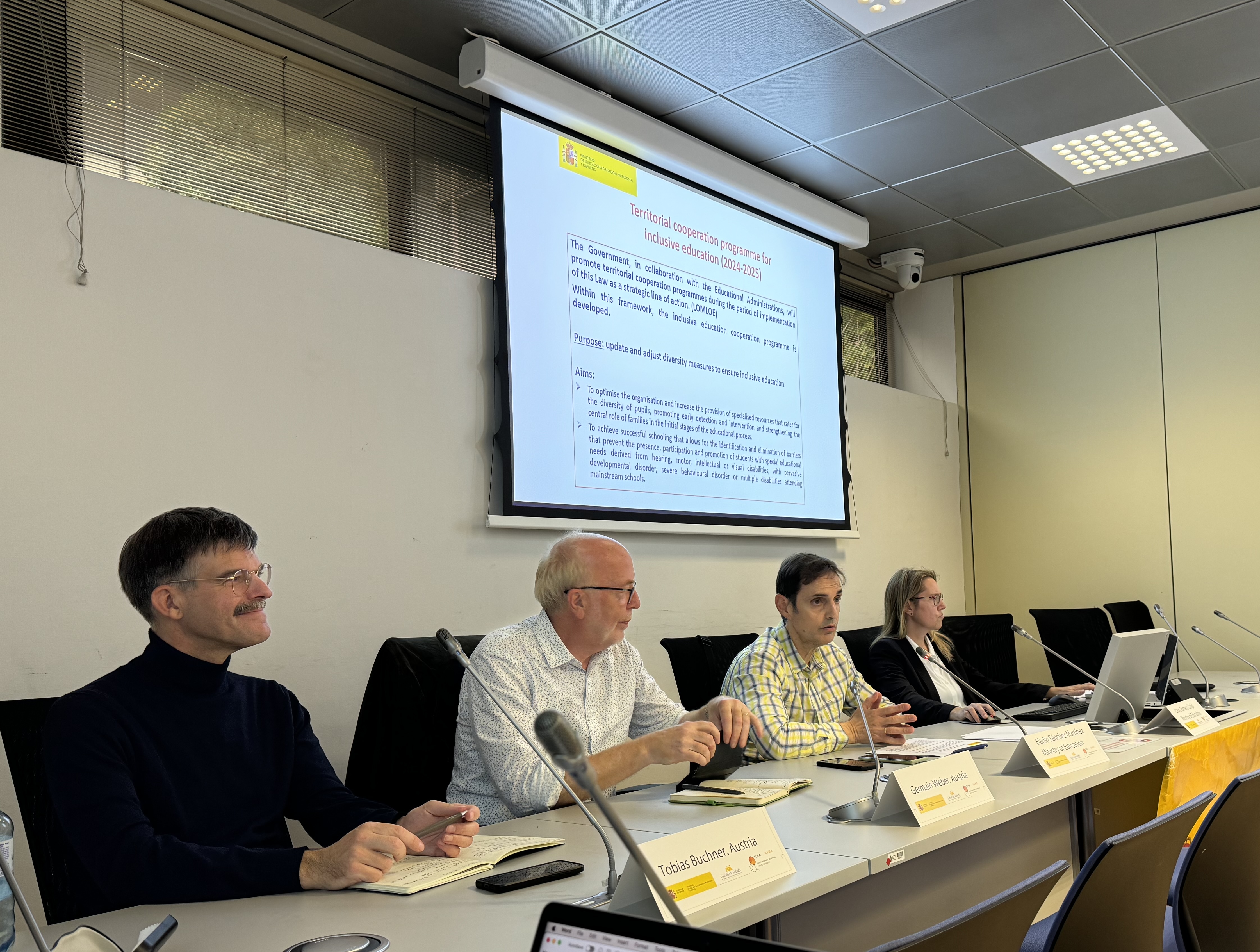
Representatives from five EASNIE member countries came together in Antwerp, Belgium, in early April as part of the Quality Assurance, Monitoring and Accountability (QAMA) activity. QAMA aims to identify the key features of a quality assurance framework to allow continuous improvement of countries’ inclusive education systems.
Participants from Austria, Belgium (Flemish community), Greece, Spain and United Kingdom (Northern Ireland) met for the second QAMA peer-learning activity (PLA) on enhancing school quality through collaboration.
The event kicked off with Belgian representatives sharing current research results on how shared accountability, collective responsibility and efficacy can drive school improvement. The EASNIE team provided an overview of key aspects of accountability, indicating a range of models, challenges and conflicts, and the role of accountability within a continuous improvement model.
Participants visited an inclusive early years setting in a mainstream primary school. They met the school director, who explained the support available to mainstream schools in Belgium and how it was used within the school. They also met classroom teachers and members of the local learning support services. The visit provided a practical example of how local partners collaborate to enhance quality in the school.
Following the school visit, each country representative presented their country’s mechanisms, challenges and strategies for sharing accountability and responsibility to enhance school quality. Participants then used the experiences of the PLA to progress the QAMA activity, working in small groups to further develop the multi-level, multi-stakeholder quality assurance and accountability framework for inclusive education that will be the activity’s main output.
The QAMA activity webpage contains more information on the work.

